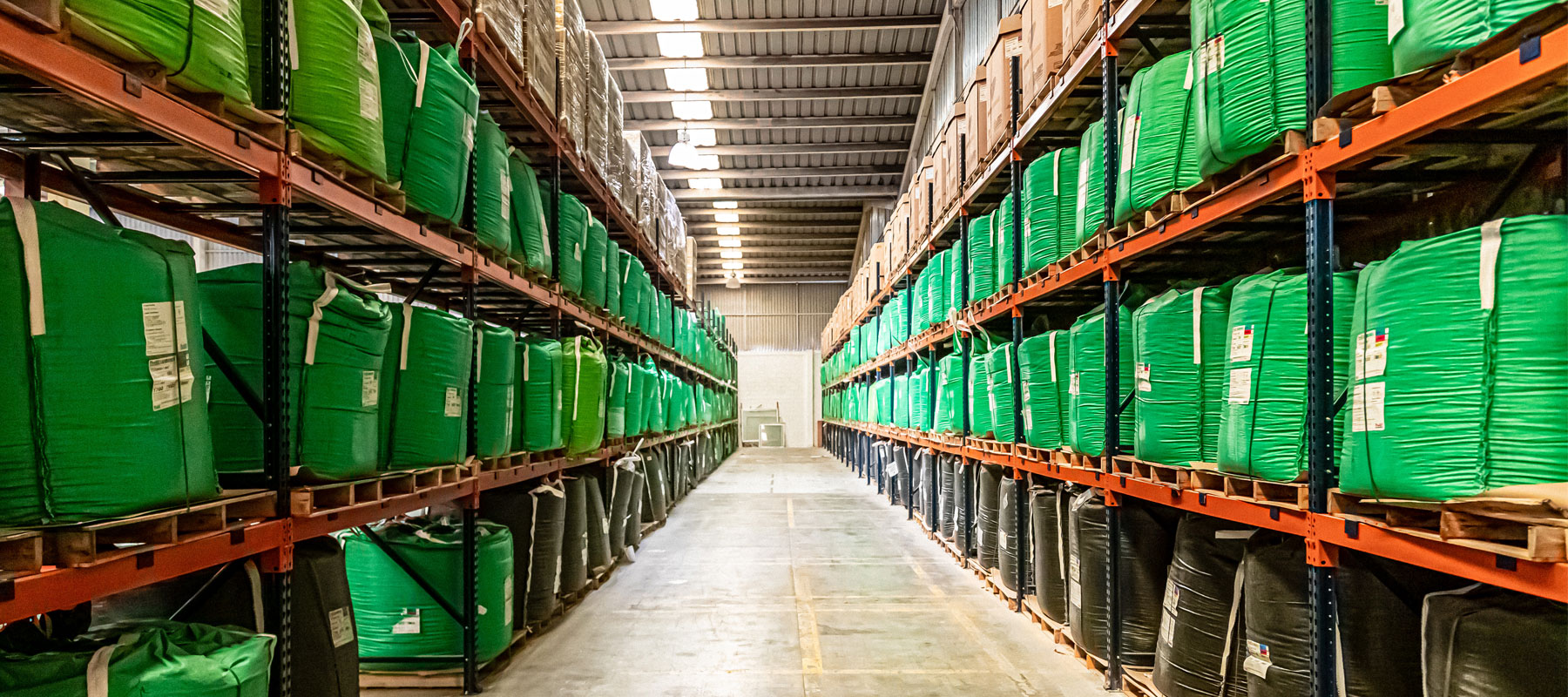The main purpose of the inventory is to provide the company with materials for its continuous production process, and/or to provide products for sale and distribution.
Do you know what are the inventories that you manage in your company? Here we summarize some types.
According to its shape
- Raw material inventory. They represent all the materials that products are made from, but have not yet undergone processing.
- Inventory in process. They are the goods that are in the manufacturing process. Its quantification is made by the amount of materials, labor and manufacturing costs.
- Inventory of finished goods. They are goods already transformed and ready to be sold as manufactured products.
According to its periodicity
- Perpetual inventory. It is kept continuously, depending on the stock in the warehouse, through a detailed record. Here the amounts in monetary units and the physical quantities are recorded.
- Intermittent inventory. It is carried out several times a year, and consists of counting, measuring or weighing all the articles in the warehouse and raw materials that are going to be used for production.
- Seasonal inventories. They are designed to meet seasonal demand, which varies production levels to meet demand.
According to function
- Inventory in transit. It exists because the material must move from one place to another. While inventory is on its way, it cannot have a useful function for businesses or customers, it exists exclusively for transportation time.
Other types
- Physical inventory. It is the real inventory, because this is where each and every one of the different classes of merchandise that is in stock are counted, measured, weighed and recorded. It is done as a detailed and valued list of stocks.
- Minimum inventory. It is the minimum amount of inventory that must be kept in the warehouse. It refers to the available units that a company has in the warehouse and that can potentially be delivered to customers who request it.
- Inventory available. It is one that is available for production or sale.
- Anticipation inventories. It is also called “anticipation stock”; they are established in advance of the highest demand orders, commercial promotion programs or a plant closure period.
- Factory supplies inventory. They are the materials with which the products are made, but which cannot be quantified in an exact way, for example, paint, sandpaper, nails, lubricants, etc.
Did you detect what types of inventories your company needs? If so, we are happy to contribute to the development and growth in one of the most important areas of your business. In our next article we will share more relevant information for controlling your inventories.
